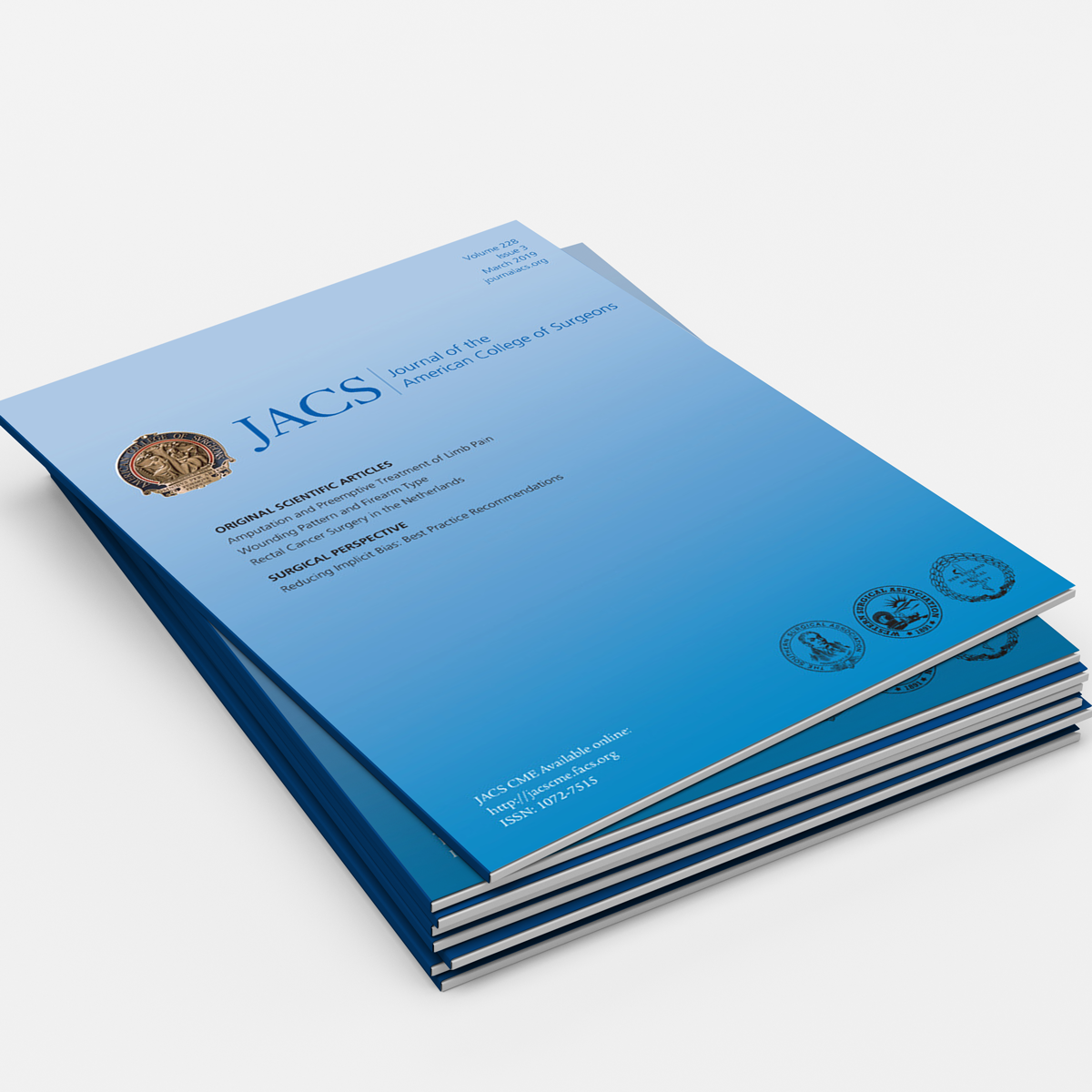Legislation Overview
The bill will implementing state-level "red flag" laws by temporarily removing firearms from those who are deemed an immediate threat for harming themselves or others and permits authorities to check the juvenile and mental health records of intended purchasers younger than 21 for up to 10 business days. It also provides stronger protection for domestic violence victims, calls for federally licensing more firearm sellers, and ends straw purchases that circumvent the transfer of firearms to those who cannot make legal purchases. The legislation also provides for $15 billion in new federal funding to bolster mental health programs and school security upgrades, which will have an impact on preventing further tragedy.
Alignment with COT Recommendations
The COT has recommended implementation of several of the provisions found in the legislation through its Firearm Strategy Team (FAST), which released 13 recommendations to address firearm violence in 2018.
FAST recommendations are aligned or partially aligned with these issues:
- Red flag laws (mandatory reporting and risk mitigation)
- Obtaining ownership (robust background checks for private sales and transfers of firearms)
- Firearm registration (updates the definition of who is considered a dealer of firearms to clarify the law and put high volume sellers on notice that they should obtain a federal license)
"We want to be sure that as a nation, we empower the medical community across all healthcare settings to act in the best interests of their patients in a variety of palpable ways,” said Eileen Bulger, MD, FACS, Medical Director of ACS Trauma Programs, and one of the FAST recommendation authors. “These paths include counseling patients on safe firearm storage, screening patients at risk for firearm injury or death, and engaging the community in addressing the social determinants of violence through hospitals and healthcare systems."
The ACS is committed to continued advocacy for comprehensive solutions that will stem the tide of violence and prevent further tragedies.
“Many factors contribute to the firearms violence we see increasing in our communities every day," said Jeffrey Kerby, MD, FACS, Chair of the ACS Committee on Trauma. "Programs like the ACS ISAVE [Improving Social Determinants to Attenuate Violence] make concrete recommendations to address underlying factors that contribute to escalating community violence.









